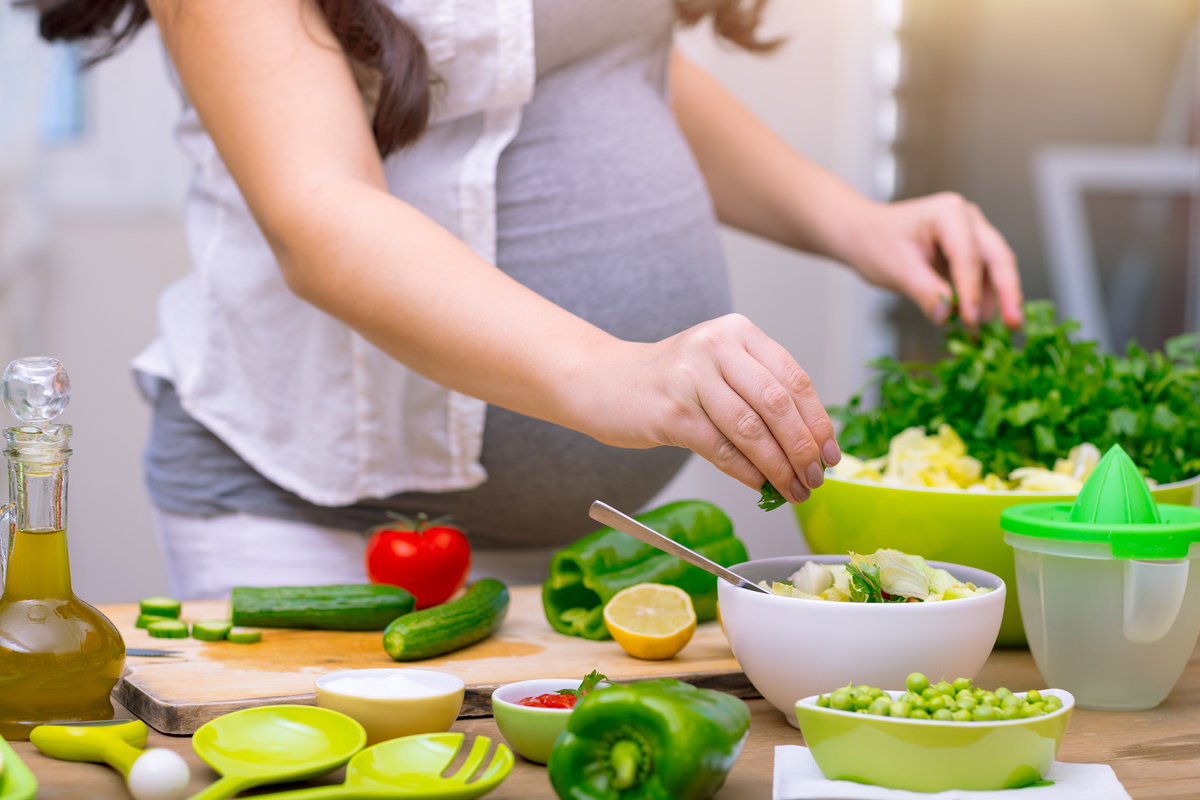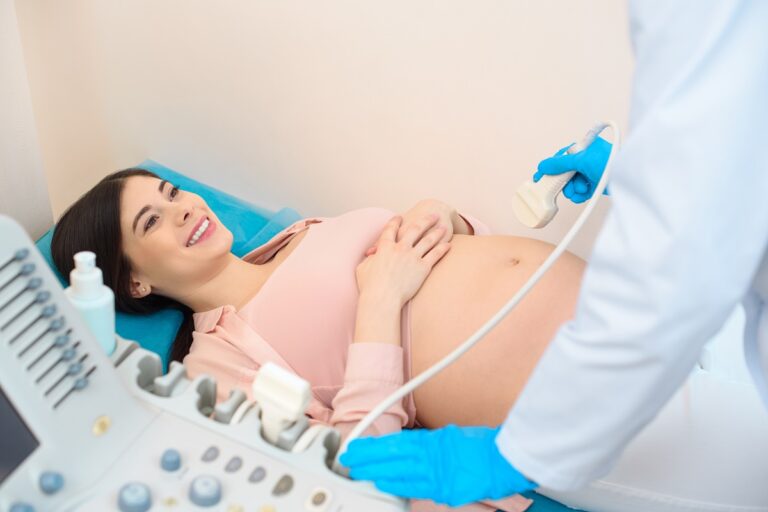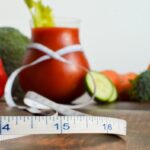Pregnant women need to be extra careful about what they eat as having a healthy diet is critical for ensuring a smooth and healthy pregnancy. Their bodies are going through so many changes and they need to make sure that they are getting the right nutrients needed to support both themselves and their baby.
Best Foods to Eat During Pregnancy
Pregnant women need to eat a variety of healthy foods to get the nutrients they need. These nutrients include folic acid, iron, calcium, fiber, and others. They have to be extra careful that they are getting enough of these nutrients in their pregnancy diet. They can do this by eating a variety of healthy foods, including:-
Fruit:
Fruits are a good source of vitamins and minerals. Pregnant women need to consume more vitamin C than non-pregnant women. Fruits are also a good source of folic acid. Folic acid is important for the baby’s development of the baby’s neural tube. It is recommended that all women of childbearing age consume 400 micrograms (mcg) of folic acid daily. Excellent fruit choices for pregnant women include oranges, strawberries, cantaloupe, and grapefruit.
Eggs
Eggs are a powerhouse of nutrients. They are an excellent source of high-quality protein, as well as choline —a nutrient that 70% of Americans are deficient in but is important for pregnancy. Choline is important for the development of the baby’s brain and nervous system. It also aids in the prevention of birth defects, and also prevent neural tube defects. Although choline is often absent or low in prenatal vitamins, the best food sources include eggs. Shoot for three whole eggs or equivalent per day.
Lean meat
The amino acids in protein are the building blocks of every cell in both your body and your baby’s. And lean meat is an excellent source of protein, which is essential for the growth and development of the baby. It is also a good source of iron, zinc, and B vitamins.
Pregnant women need about 75 grams of protein per day. That’s about 10 grams more than the average woman needs and this makes lean meat one of the best foods to eat during pregnancy. Your prenatal vitamin should have a helpful dose of supplemental iron, but make sure to include it in your diet as well. Extra protein is needed to support the baby’s growth including iron supplements which plays a critical role in the baby’s brain development.
Whole Grains
Whole grains are a good source of fiber and other nutrients. Pregnant women need to consume more fiber than non-pregnant women. Fiber helps with constipation, which is a common problem during pregnancy. Whole grains also contain folic acid. Folic acid is important for the development of the baby’s neural tube. It is recommended that all women of childbearing age consume 400 micrograms (mcg) of folic acid daily. Excellent choices of whole grains for pregnant women include oats, barley, brown rice, and quinoa.
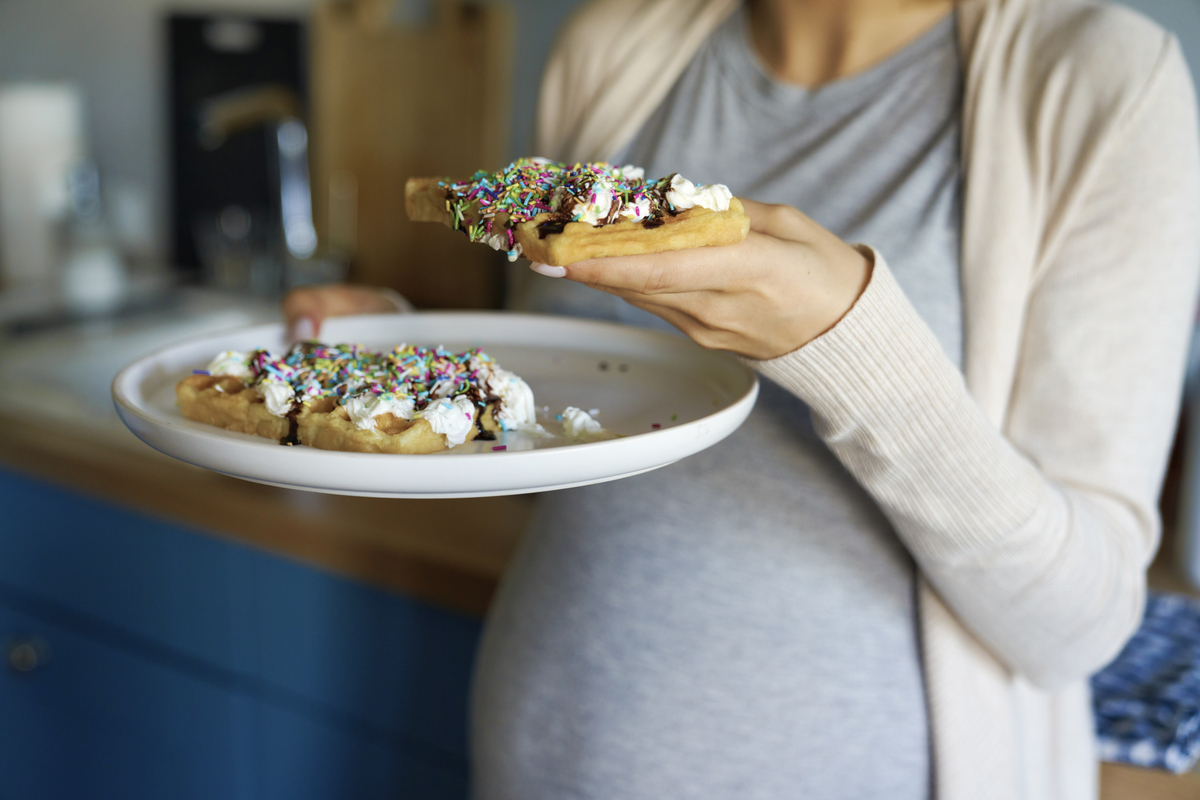
Yogurt
Yogurt is one of the most reliable sources of calcium for your baby, as calcium is required to build their bones. Calcium is also required by your nerves and muscles to function properly. Three to four servings of dairy products can help you fulfill your daily calcium requirements, and a yogurt is a good option. It has the same calcium as milk on a cup-for-cup basis, and it’s high in protein, iodine, and folate. The beneficial bacteria in yogurt can also help with stomach upset and yeast infections (which are more prevalent in pregnancy).
However, not all yogurts are made equal. Plain types, for example, maybe a better option than flavored ones since they are devoid of added sugars and readily customizable with mix-ins.
Sweet Potatoes
These tubers are nutrient-dense and rich in beta-carotene, which the body converts to vitamin A. Vitamin A is important for immune function, vision, and reproduction. It also helps the baby’s heart, lungs, kidneys, and other organs develop normally. Choose sweet potato that is deep orange in color, as they contain more beta-carotene than other varieties.
Legumes
Legumes are a good source of protein, iron, folate, and fiber. They are also low in fat and calories. Pregnant women need to consume more iron than non-pregnant women. Iron is important for the development of the baby and helps prevent anemia moreover, it’s also needed for a mother to stay healthy during pregnancy. Anemia can cause fatigue and other problems. Good legume choices for pregnant women include black beans, lentils, and chickpeas.
Avocado
Packed with folate, vitamin B6, and healthy fats, avocados are not only delicious but also beneficial for you and your baby during pregnancy. Folate promotes healthy tissue and brain growth for babies while B6 helps ease morning sickness symptoms in expectant mothers. Additionally, the high–fat content keeps you fuller longer so that you’re less likely to experience sudden hunger pangs.
Avocados are a healthy food that can be used to make many delicious meals. You probably already know guacamole is incomplete without avocado, but avocados have a lot more uses than just making guacamole! Try using mashed avocado instead of cheese or mayo in your sandwiches, or toss diced avocado into a salad.
Nuts and Seeds
Another excellent sources of protein, nuts, and seeds are also rich in heart-healthy fats, minerals (including iron, magnesium, and zinc), and vitamins (especially vitamin E). They’re easy to add to your diet—enjoy them as healthy snacks, toss them into salads or yogurt, or use the nut butter in place of other fats in baking or cooking. Just be careful not to overdo it, as they are high in calories.
Berries
Whether you choose strawberries, blueberries, raspberries, or blackberries, these little indulgences are not only sweet and satisfying but also packed with vitamins, minerals, and antioxidants. Antioxidants help protect cells from damage, and they have been linked to a lower risk of some chronic diseases. Berries are also an excellent source of fiber, which is important for digestive health.
Pregnant women need to consume approximately 25 grams of fiber per day. Most Americans only consume about half of that amount, so incorporating more berries into your pregnancy diet is a great way to increase your intake. You can enjoy them on their own as a snack, add them to yogurt or cereal, or use them to top off a healthy salad.
These are the 11 best foods for pregnant women to stay healthy. Pregnant women need to pay special attention to their pregnancy diet to ensure a healthy pregnancy. These foods will help you get the essential nutrients you need.
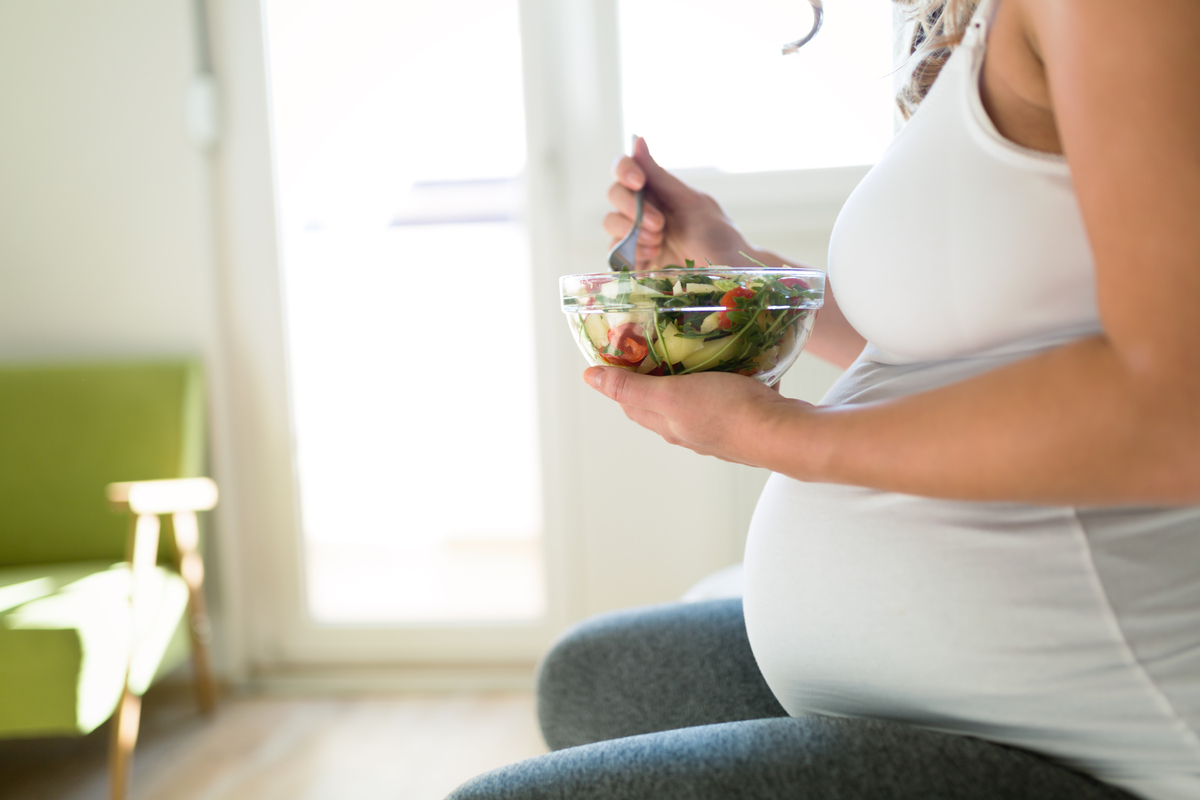
What Foods to Eat When Pregnant?
There is no doubt that a healthy diet is essential for all women, especially those who are pregnant. What you eat during pregnancy not only affects your own health but also the health of your developing baby. Hence healthy eating or say healthy pregnancy diet is a must and also make sure your diet chart includes foods that are rich in:-
Folic Acid: Folic acid is a water-soluble vitamin and is mainly found in leafy green vegetables and fruits. It’s important for pregnant women to take in enough folic acid because it helps to prevent birth defects of the brain and spine. The recommended amount is 400 micrograms per day.
Iron: Iron is a mineral that’s important for pregnant women because it helps to carry oxygen to the baby. It’s also important for preventing anemia. The recommended amount of iron for pregnant women is 27 mg per day. Iron deficiency also increases your risk of premature birth, postpartum depression, and having a newborn with low birth weight.
Calcium: Calcium is a mineral that’s important for pregnant women because it helps to build strong baby’s bones and teeth for the baby and to prevent low birth weight too. It’s also important for preventing high blood pressure during pregnancy. The recommended amount of calcium for pregnant women is 1000 mg per day.
Protein: Protein is essential for pregnant women because it helps to build tissue and muscles. It’s also important for the baby’s growth. The recommended amount of protein for pregnant women is 60-70 grams per day.
Omega-3 Fatty Acids: Omega-3 fatty acids are important for pregnant women because they help to develop the baby’s brain and eyes. They are also important for preventing birth defects. The recommended amount of omega-3 fatty acids for women is 200-300 mg per day you can find these in fatty fish.
Vitamin D: Vitamin D is a vitamin that helps the body absorb calcium. It’s also important for maintaining healthy bones and teeth. The recommended amount of vitamin D for pregnant women is 600 IU per day.
Vitamin C: Vitamin C is a water-soluble vitamin and is essential to protect the cells, help with wound healing, and help the body absorb iron. The recommended amount of vitamin C for pregnant women is 85-120 mg per day.
Vitamin B6: Vitamin B6 is a water-soluble vitamin that’s important for pregnant women because it helps to prevent morning sickness. It’s also important for maintaining a baby’s health and its immune system. The recommended amount of vitamin B6 for pregnant women is 10-25 mg per day.
Vitamin A: Vitamin A is a fat-soluble vitamin that’s important to intake while pregnancy because it helps to maintain healthy skin and vision. It’s also important for the development of the baby’s immune system. The recommended amount of vitamin A for pregnant women is 700-900 micrograms per day.
Magnesium: Magnesium helps to relax muscles, maintain healthy blood pressure, and prevent preeclampsia. The recommended amount of magnesium for pregnant women is 310-320 mg per day.
Fiber: Fiber is an essential nutrient for pregnant women because it helps to prevent constipation and hemorrhoids. It’s also important for maintaining a healthy birth weight. The recommended amount of fiber for pregnant women is 25-35 grams per day.
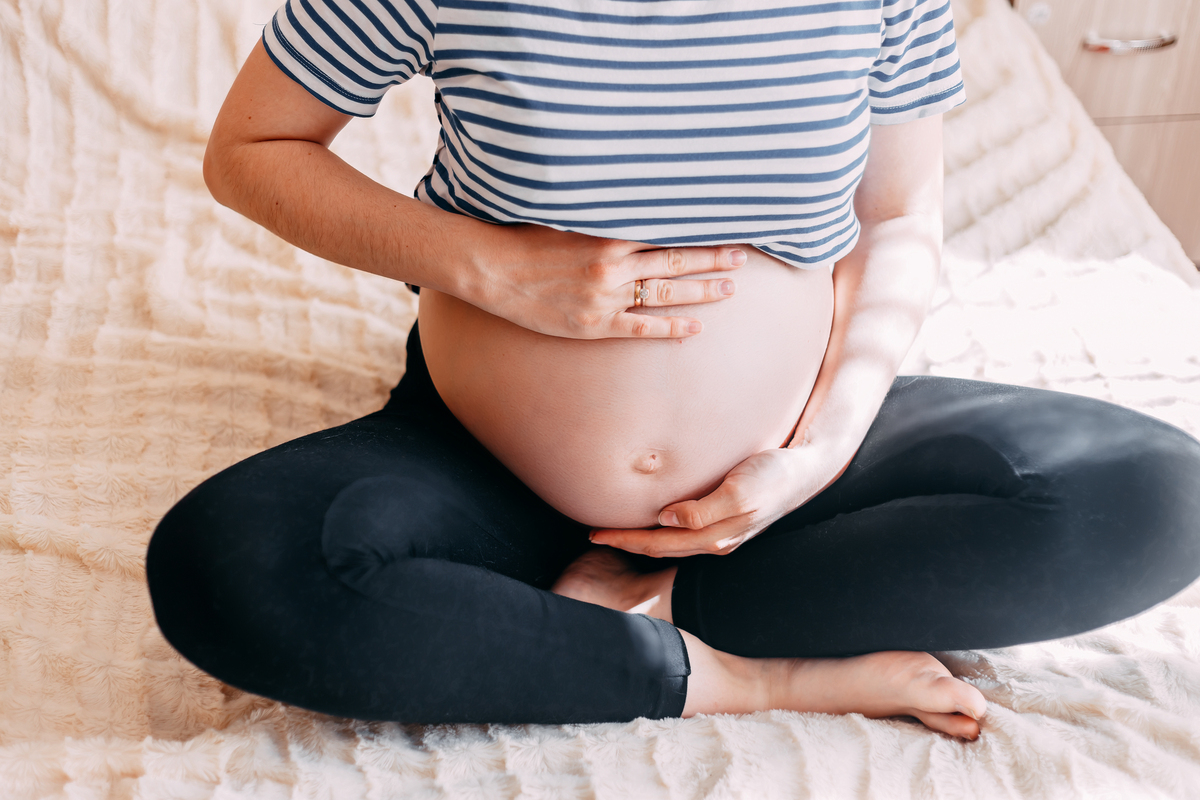
What Foods to Avoid When Pregnant?
There are certain foods that you should avoid during pregnancy, as they can pose a risk to your health and the health of your developing baby. These include:
Raw or undercooked fish, meat: Pregnant women should avoid eating raw or undercooked meat, as this can increase the risk of food poisoning.
Raw or partially cooked eggs: Eating raw or partially cooked eggs, should be strictly avoided as these can contain harmful bacteria.
Soft cheeses: Avoid eating soft cheeses, such as feta, queso Blanco, queso fresco, brie, and camembert, as these can contain harmful bacteria.
Caffeine: Pregnant women should limit their caffeine intake to 200mg per day.
Seafood high in mercury: Certain fish that contain high levels of mercury, such as swordfish, shark, tilefish, and king mackerel
Liver and other organ meats: Pregnant women should avoid eating liver and other organ meats, as these can contain high levels of vitamin A, as which can be harmful to the developing baby.
Alcohol: Drinking alcohol during pregnancy can lead to a range of problems for the developing baby, including Fetal Alcohol Spectrum Disorder (FASD).
Herbal teas: Avoid drinking herbal teas, as some of these can be harmful to the developing baby.

Quick tips for foods to eat when pregnant
- Get your fill of fruits and vegetables: Fill up on fresh fruits and vegetables, as well as dried fruit and frozen or canned options (without added sodium). Eating vegetables and fruits also helps the baby develop a healthy birth weight, reduces the risk of anemia, controls blood pressure, and leads to healthy weight gain in the mother.
- Eat more whole grains: Opt for whole-grain bread, pasta, and cereals instead of refined options.
- Choose a lean protein: Eat lean protein such as grilled chicken or fish, tofu, legumes, and eggs.
- Limit unhealthy fats: Avoid saturated and trans fats, which are often found in processed foods and red meat.
- Cut back on sugar: Too much sugar can lead to unwanted weight gain and other health problems such as gestational diabetes.
- Drink plenty of fluids: Make sure to drink enough water and other fluids (such as unsweetened tea or coffee) every day.
- Get your calcium-rich foods: Dairy products, leafy greens, and certain types of fish are good sources of calcium.
- Eat iron-rich foods: Iron is important for preventing anemia during pregnancy. Good sources include lean red meat, poultry, beans, and iron-fortified cereals.
- Don’t forget the folic acid: Folic acid helps prevent birth defects. Good sources include dark leafy greens, legumes, and fortified foods.
- Watch out for foodborne illness: Avoid unpasteurized dairy products, deli meats, and any undercooked meat or poultry.
These are just a few quick tips for foods to eat for a pregnant woman. For more detailed information, please talk to your healthcare provider.
Conclusion:-
In conclusion, there are many great foods that pregnant women can eat to stay healthy. By focusing on nutrient-rich choices, they can help meet their increased needs and support a healthy pregnancy.
Hope this blog helped you get informed knowledge on the best foods to eat during pregnancy. What are your favorite foods to eat during pregnancy? Let us know in the comments below!
Cheers to a happy and healthy pregnancy!

